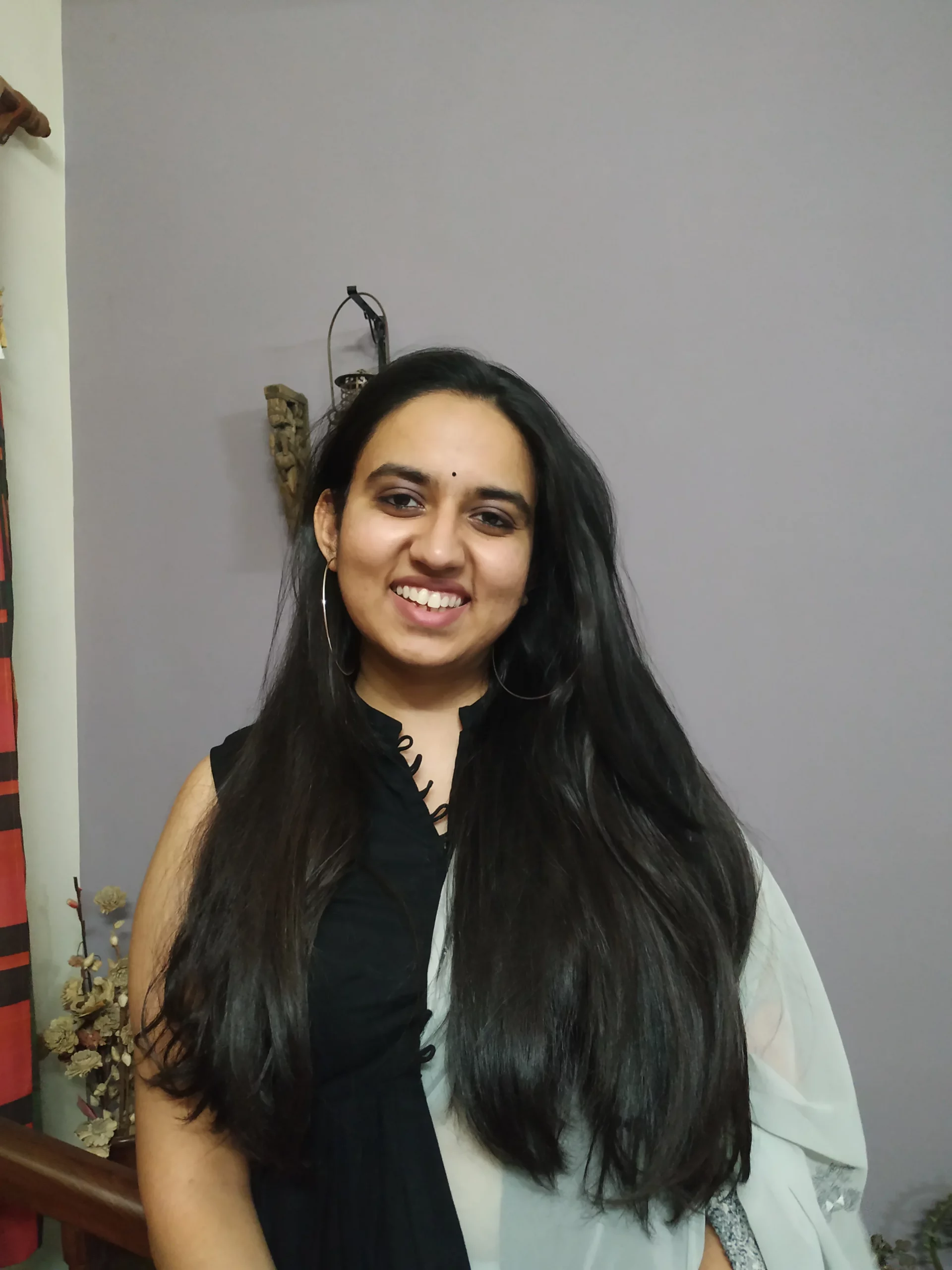Six Pop Culture Characters That Redefined Masculinity
The ‘Angry Young Man’ stereotype was conceived in the 60s, and it impacted our pop culture more than any other era. Anyhow, it’s chipping away one character at a time with more healthy and redefined masculinity, dismantling patriarchal junk in today’s age. We are shoved in heteronormative play-pens of gender stereotypes from the day we are born and expected to stay there. Characters that we grow up watching on screen only enforce those stereotypes. To challenge the existing norm, we need contrasting characters. Their number may pale compared to the massive list of their opposition, but someone has to start somewhere.
Newt Scamander in Fantastic Beasts Series
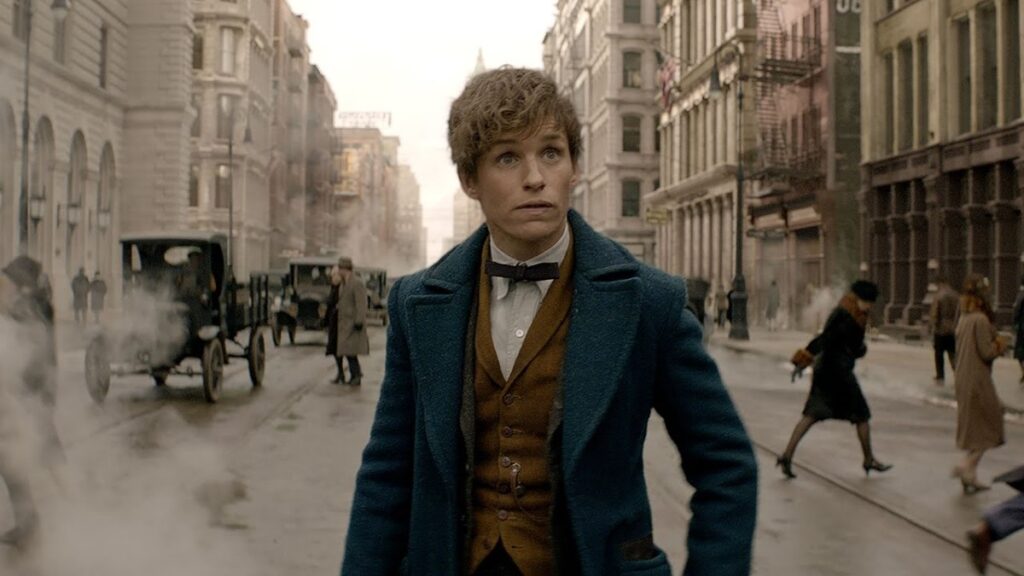
Eddie Redmayne’s character Newt is a Magizoologist who travels with all his fantastic creatures. He is a soft-natured intelligent man who relies on emotional intelligence rather than killer instinct like his other companions of the famous Wizarding World. Newt considers himself to be his animal babies ‘mummy’ and is insecure about his masculinity whatsoever. He is, after all, a Hufflepuff (but that’s a stereotype too).
Jai Singh Rathore in Jaane Tu Ya Jaane Na
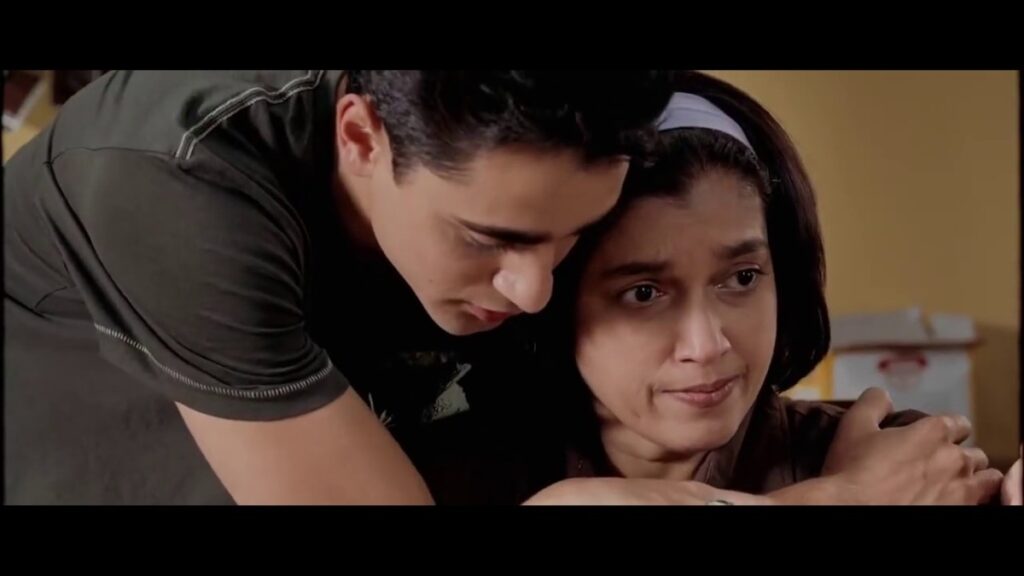
Imran Khan’s character in this movie is a much better ‘hero’ than other characters of that age. He does his household chores as part of his duties and not just because he wants to ‘help’ his mother. He acts with non-violence in general adrift from a stereotypical weapon of choice for a male protagonist.
Hiccup Horrendous Haddock III in How To Train Your Dragon
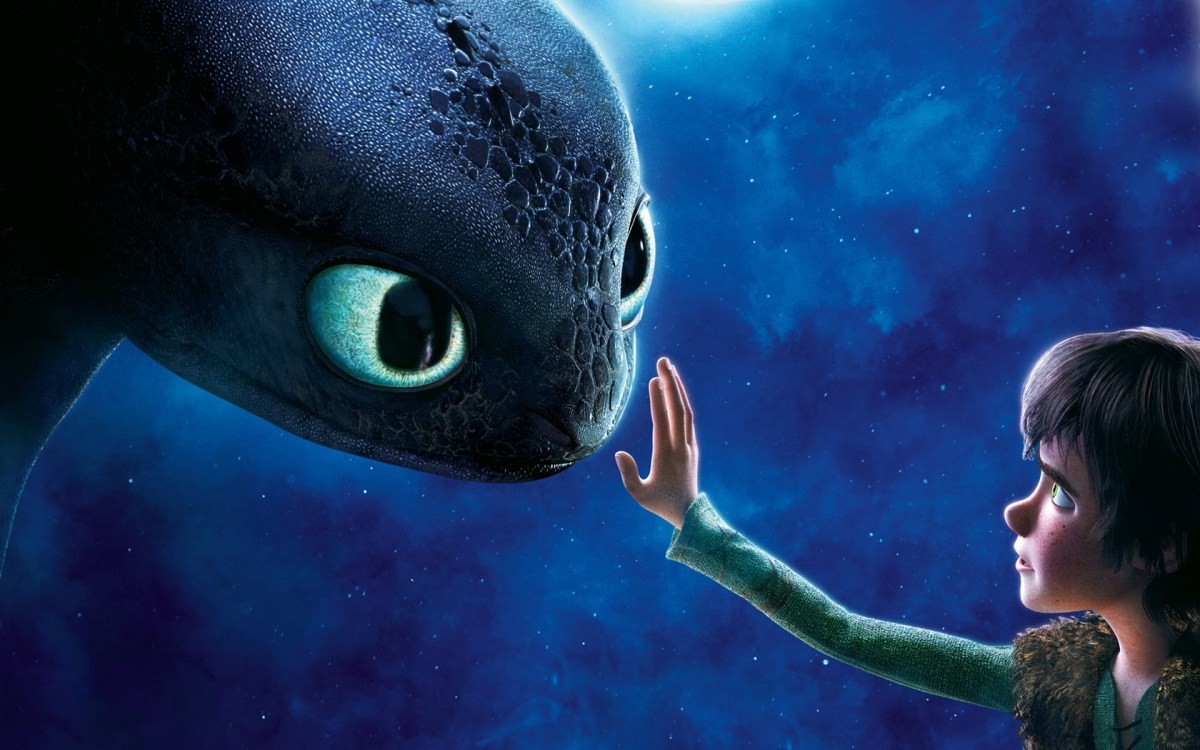
Hiccup starts off as a liability to his clan of Vikings. He is not muscle-powered or is an adept dragon rider. But his geniality makes him befriend a dragon (on top of everything a night furry) rather than taming him. He even convinces his entire village to choose compassion over cruelty.
Jake Peralta in Brooklyn Nine-Nine
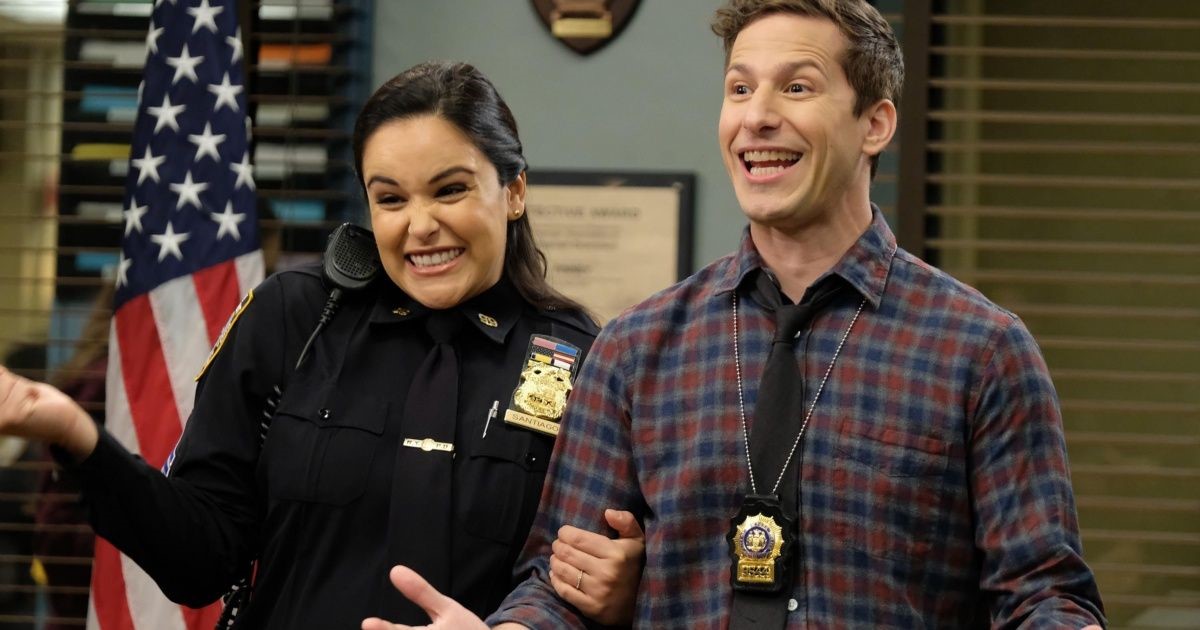
An openly feminist guy, he knows just how one can be normally good to women without making it all about themselves. One storyline that just stands out is when knowing his feelings for Amy, he does not try to sabotage her existing relationship. Instead, he accepts that only Amy can decide for herself and is not riddled with the age-old obsession of ownership of a partner.
Rahul Kapoor in Kapoor & Sons
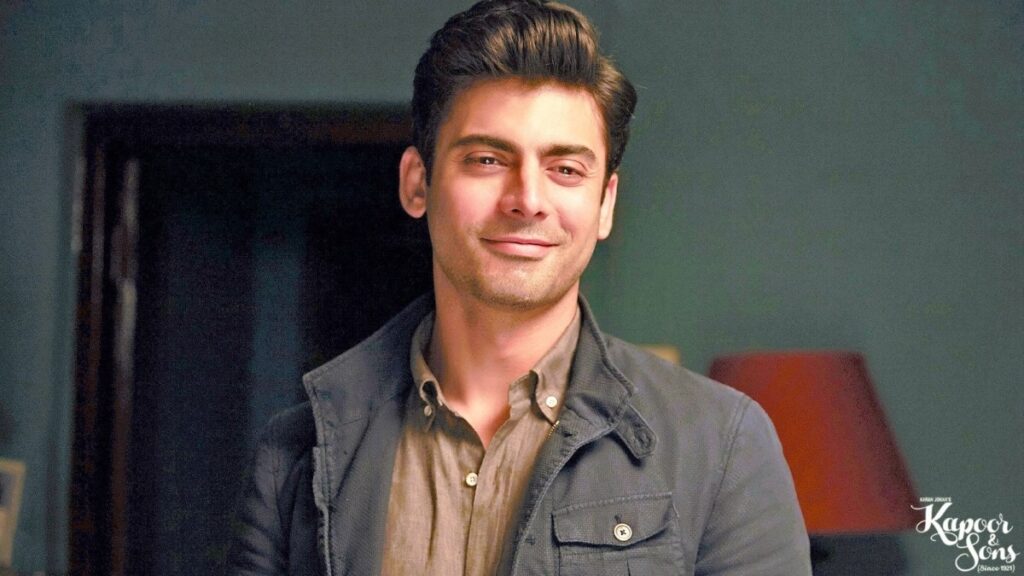
Fawad Khan’s character Rahul is homosexual but is not portrayed in any stereotypical way that Bollywood usually does. His character is not typecasted for his sexual orientation. His narrative is critical to the story and not just to play on dirty stereotypes.
Otis Milburn in Sex Education
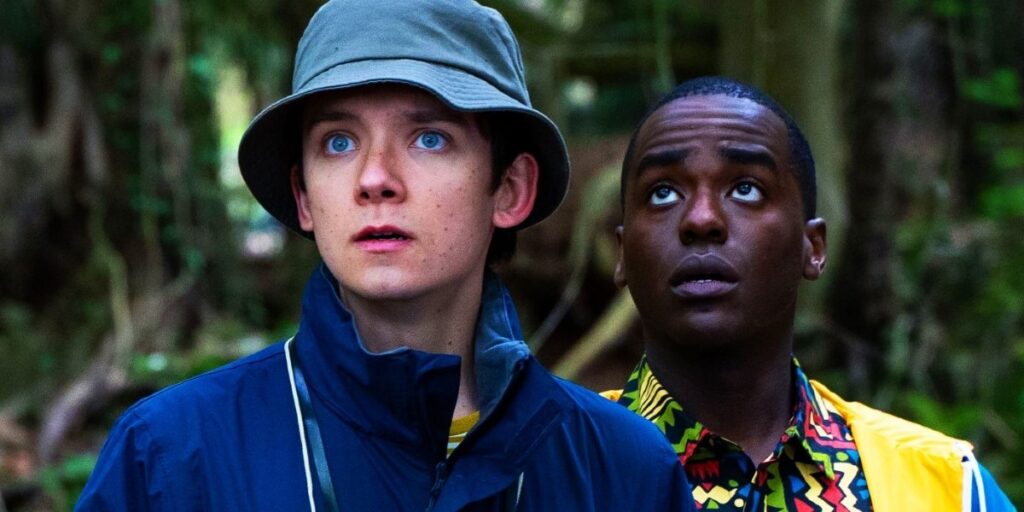
His character is not just a sex therapist for his friends but also a good friend. He is comfortable with his Hedwig transition for his best friend, Eric. However, his emotional immaturity leads to an awkward mess sometimes. Still, he learns that his masculinity is not related to sexual prowess with the course of the show. His unconventional upbringing makes him more mature than his peers, and he talks openly about sex and sexuality.
Don’t lose heart because there are more positive cishet characters than the one listed here. To list a few as honorable mentions we have Pankaj Tripathi in Bareilly ki Barfi, R. Madhavan in Tanu weds Manu, Chris Pratt in Parks & Recs, Irfan Khan in Hindi Medium, and Sami Outalbali (plays Rahim) in Sex Education. Such characters are not a mere storyline but a beacon of hope that positive influence is coming up as much as negative is going down. While mainstream cinema still churns out toxic male leads, at least we have with ourselves a healthy and positive yardstick to judge them against.
Graphic design by: Vaibhavi Pant
Author
